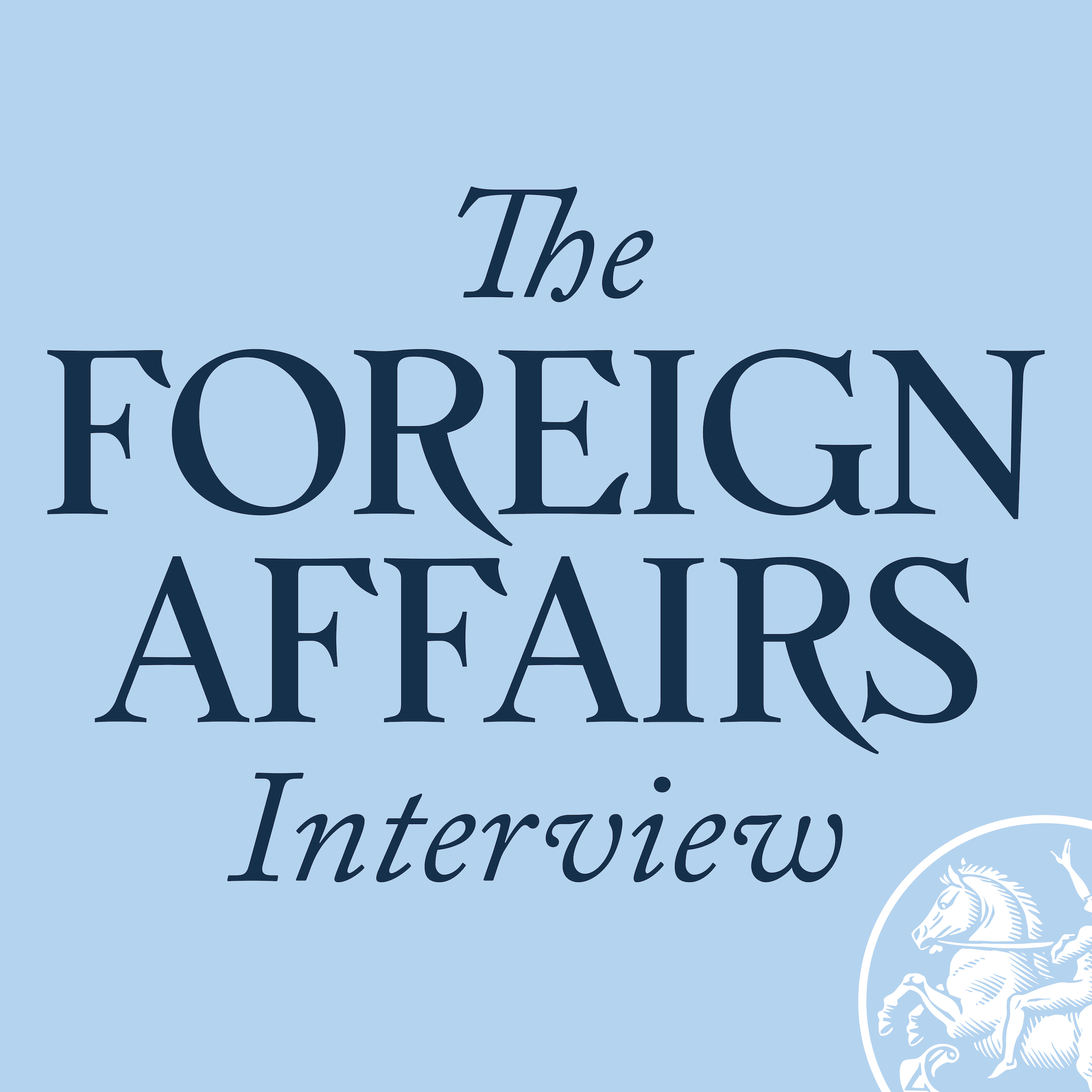
Deep Dive
- Trump's victory celebrated by illiberal leaders like Orban and Putin
- Concerns about the impact on Europe and other regions
- The definition of liberal democracy and its two parts: democracy and liberalism
- The threat to the rule of law by illiberal populists
Shownotes Transcript
Donald Trump’s victory in the 2024 U.S. presidential election comes at a moment of turbulence for global democracy. It’s been a year marked by almost universal backlash against incumbent leaders by voters apparently eager to express their anger with the status quo—and also an era when liberalism has been in retreat, if not in crisis.
Francis Fukuyama, a political scientist at Stanford University, has done as much as anyone to elucidate the currents shaping and reshaping global politics. He wrote The End of History and the Last Man, a seminal work of post–Cold War political theory, more than three decades ago. And in the years since, he has written a series of influential essays for Foreign Affairs and other publications.
He joins Editor Dan Kurtz-Phelan to consider what Trump’s return to the presidency means for liberal democracy—and whether its future, in the United States and around the world, is truly at stake.
You can find sources, transcripts, and more episodes of The Foreign Affairs Interview at https://www.foreignaffairs.com/podcasts/foreign-affairs-interview).